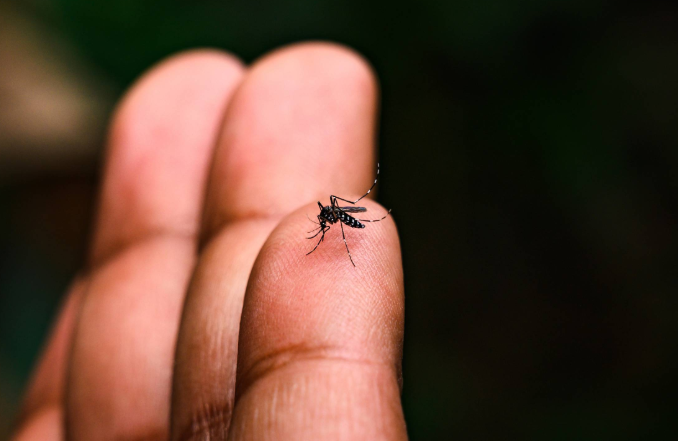NEA Warns of Elevated Risk Heading Into the New Year
Singapore continues to record between 200 to 300 weekly dengue cases, levels described as “still high” for this period by the National Environment Agency (NEA) on Monday (5 Dec). These figures are about 20% higher than the average for the same timeframe from 2019 to 2021, despite an 80% reduction from the peak numbers in May.
As of 2 Dec, the total dengue cases for 2022 stood at 30,969, nearly six times the total reported in 2021 and equivalent to 90% of 2020’s tally. NEA cautioned that high year-end dengue numbers could lead to an unusually large number of cases in 2023, as observed in past outbreaks.
Urgent Call for Vigilance
NEA urged residents to remain vigilant, advising them to remove stagnant water and maintain good housekeeping to prevent mosquito breeding. With the year-end holiday season underway, the public was also encouraged to “mosquito-proof” their homes before travelling.
Cluster Management and Inspections
As of early December, NEA reported closing 2,959 out of 3,028 dengue clusters notified in 2022, leaving 69 active clusters. Areas such as Pasir Ris Street 71 and Jurong East Avenue 1 continue to experience relatively high transmission rates, with residential premises identified as primary breeding grounds.
From January to November, the agency conducted approximately 841,000 inspections, including 5,200 checks at construction sites. Around 21,300 Aedes mosquito breeding habitats were uncovered, leading to 3,500 households being fined for mosquito breeding.
Enforcement Actions
Heavier penalties introduced in mid-2020 have resulted in the detection of multiple mosquito breeding incidents in 1,470 residential premises and repeat offenses in 1,890. Additionally, NEA issued 119 stop work orders to construction sites, charging 61 contractors for poor maintenance. Sixteen contractors faced repeated orders for non-compliance.
The NEA stressed the importance of collective effort to mitigate dengue risks, highlighting its collaboration with community volunteers and grassroots advisers to promote preventive measures.








